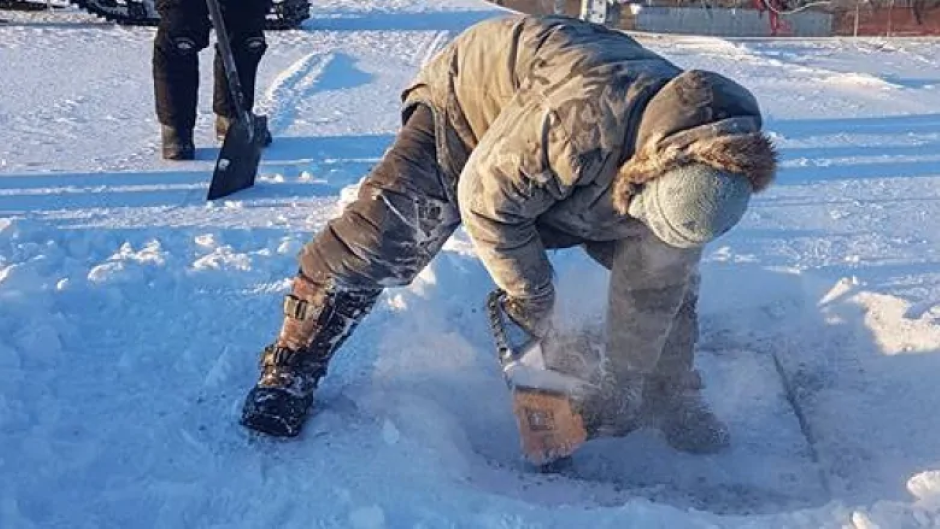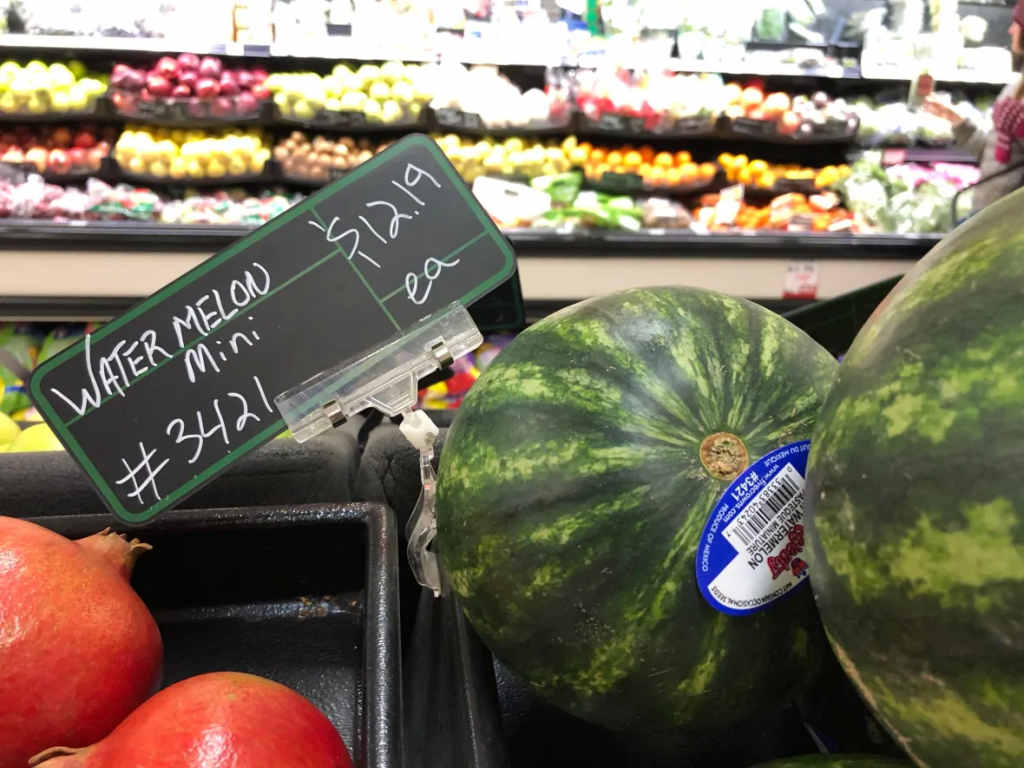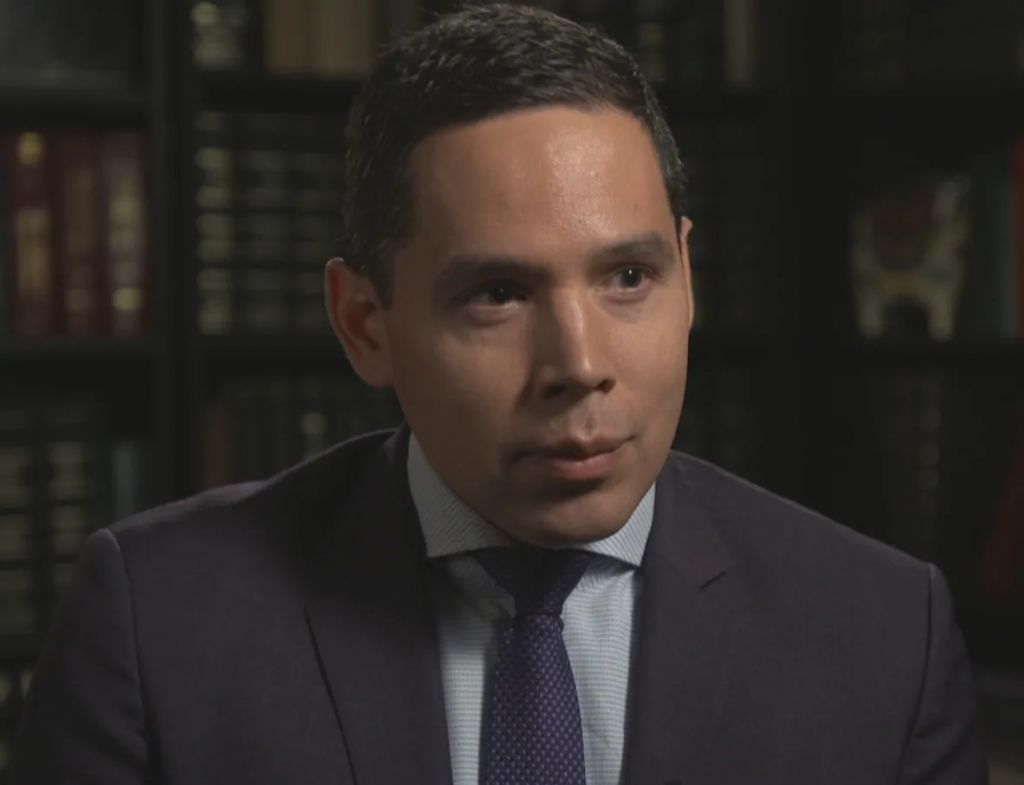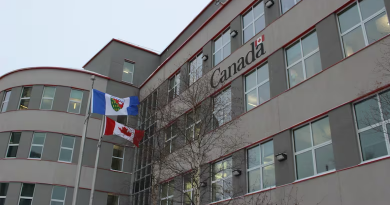Canada slots nearly $15M for Nunavut harvesters, to improve food security

The federal government is giving Inuit in Canada over half of a $40-million grant for harvesters, and Nunavut Inuit will see the bulk of those funds.
To support food security through traditional harvesting, Inuit communities will get $28.5 million over the next five years through the federal Harvesters Support Grant. Of that, Nunavut Inuit are getting more than $14.8 million.
The grant is meant to fill a gap in the Nutrition North program, which only covers groceries bought in a store.
Funds, which are available now for self-governments and land claim organizations, could be used to repair hunting equipment, buy outdoor clothing, fund community freezers, or help harvesters get the certifications they need.
It all depends on what communities need to remove the cost barriers Indigenous Canadians face in rural and remote northern communities when harvesting traditional foods, says Northern Affairs Minister Daniel Vandal.
“Each community has unique harvesting needs and priorities,” he said, following a virtual meeting on Thursday with Inuit Tapiriit Kanatami and Nunavut Tunngavik Incorporated.
The grant is only available to communities that rely on air transportation for more than eight months every year.
The Makivik Corporation is receiving approximately $7.1 million and the Nunatsiavut government will get about $3.1, also over five years.
Other funding allotments within the territories over the coming five years include:
- $503,995 for the Tłı̨chǫ government
- $772,485 for the Sahtu Secretariat Inc.
- $277,275 to the Vuntut Gwitchin
- $3.4 million to the Inuvialuit Regional Corporation
Money for other northern communities without land claims organizations will be distributed through band councils and community leadership groups.
Once the five years are up, the government says it is committing to fund the grant at $8 million per year.

Inuit leaders say true food security isn’t in a grocery store
In a press release Thursday, Nunavut Tunngavik Inc. president Aluki Kotierk said over half of all households in the territory face food insecurity.
Data gathered by Inuit Tapiriit Kanatami shows that over 65 per cent of Inuit are harvesters.
Natan Obed, president of the national Inuit organization, says the money will get people out on the land, and allow for targeted infrastructure investments for harvesting and food storage.
He applauded the fact that Inuit and the federal government co-developed the program.
Inuit Tapiriit Kanatami is working to complete a national Inuit food security strategy by the fall.
“We recognize how important food security is to the well-being of our communities and the ability for our communities to be healthy,” he said.

Young hunters work on a solution
Vandal also met virtually on Thursday with young hunters in Arviat, Nunavut, where the Aqqiumavvik Society teaches youth ages eight to 18 skills for harvesting through guidance from experienced hunters and elders.
“It started out as a food security program where we wanted to take youth and teach them traditional values and beliefs around sustainable harvesting,” said the wellness group’s executive director, Kukik Baker.
“[They’re] learning how to hunt the animals properly, learning how to butcher and skin properly and bringing back those animals, the furs and the meat, back to their homes so that they could feed their families,” she said.
They’re also learning about the environment.
“We talk about climate change and how that’s affecting us and how we are learning to adapt to our environment around us,” she said.
The young hunters program has had funding through Crown-Indigenous and Northern Relations since 2018.
Baker says this allows the group to do 10-week training courses four times each year.
Minister Vandal called the young hunters program an example of a creative and practical solution to food insecurity.
“The importance of traditional food for Inuit can’t be overstated,” Vandal said. “These are both relatively new programs, but I think they could provide a solution for the food insecurity problem that too many communities face.”
Related stories from around the North:
Canada: Northwestern Canadian territory to increase local food production, CBC News
Finland: Finland’s farming sector in crisis: report, Yle News
Norway: Norway and Russia agree to slash cod quotas in Barents Sea, The Independent Barents Observer
Sweden: 2018 drought took toll on Swedish farmers’ mental and fiscal health, research says, Radio Sweden
United States: This Alaskan spice shop brings new flavors to Indigenous dishes, Alaska Public Media



